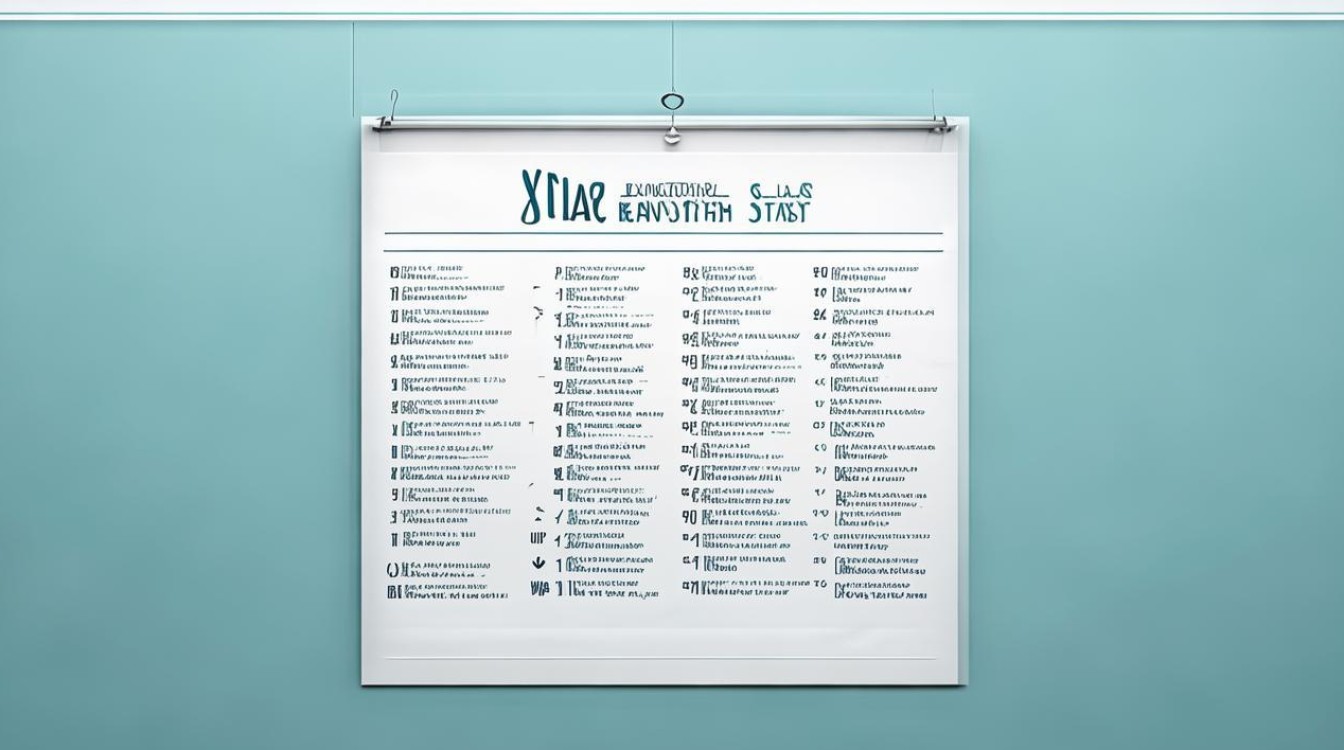Navigating a hospital stay can be stressful, especially in an English-speaking environment. Whether you're a patient, caregiver, or medical professional, understanding key terms can make the experience smoother. This guide covers essential vocabulary related to hospitalization, ensuring better communication and confidence during medical situations.

Common Hospital Departments
Hospitals have specialized units, each serving different medical needs. Familiarizing yourself with these terms helps in understanding where to go or what to expect.
- Emergency Room (ER) / Accident & Emergency (A&E): The department for urgent medical care.
- Intensive Care Unit (ICU): For critically ill patients requiring constant monitoring.
- Pediatrics: Medical care for children.
- Oncology: Specialized in cancer treatment.
- Cardiology: Focuses on heart-related conditions.
- Neurology: Deals with brain and nervous system disorders.
- Orthopedics: Concerns bones, joints, and muscles.
- Maternity Ward: For childbirth and postnatal care.
Medical Staff Titles
Knowing who you’re speaking with ensures effective communication.
- Physician / Doctor: Diagnoses and treats illnesses.
- Surgeon: Performs operations.
- Nurse: Provides daily care and administers medications.
- Specialist: A doctor with expertise in a specific field (e.g., cardiologist).
- Anesthesiologist: Manages pain control during surgery.
- Radiologist: Interprets imaging tests like X-rays.
- Pharmacist: Prepares and dispenses medications.
Admission & Discharge Terms
Understanding hospital procedures reduces confusion.

- Admission: The process of being formally accepted into the hospital.
- Discharge: When a patient leaves the hospital.
- Outpatient: A patient receiving treatment without staying overnight.
- Inpatient: A patient who stays in the hospital for treatment.
- Consent Form: A document granting permission for medical procedures.
- Medical History: A record of past illnesses and treatments.
Symptoms & Diagnosis
Describing symptoms accurately helps doctors provide proper care.
- Pain: Discomfort ranging from mild to severe.
- Fever: Elevated body temperature, often indicating infection.
- Nausea: Feeling the urge to vomit.
- Fatigue: Extreme tiredness.
- Dizziness: A sensation of spinning or imbalance.
- Shortness of Breath: Difficulty breathing.
- Swelling: An abnormal enlargement of a body part.
Common diagnostic terms include:
- Diagnosis: Identification of a medical condition.
- Prognosis: The expected outcome of an illness.
- Biopsy: Removing tissue for examination.
- Blood Test: Analyzing blood for abnormalities.
- MRI (Magnetic Resonance Imaging): A scan using magnetic fields.
- CT Scan (Computed Tomography): Cross-sectional X-ray images.
Treatment & Procedures
Medical interventions vary based on conditions.

- Medication: Drugs prescribed for treatment.
- Surgery: A medical operation to repair or remove tissue.
- Therapy: Treatment to improve health (e.g., physical therapy).
- IV (Intravenous): Delivering fluids or medication through a vein.
- Transfusion: Transferring blood or blood products into a patient.
- Dialysis: A procedure to filter blood when kidneys fail.
Hospital Equipment
Recognizing medical tools can ease anxiety.
- Stethoscope: Used to listen to heart and lung sounds.
- Syringe: A device for injecting or withdrawing fluids.
- Defibrillator: Restores normal heart rhythm.
- Ventilator: Assists with breathing.
- Catheter: A tube inserted to drain fluids.
- Monitor: Tracks vital signs like heart rate.
Useful Phrases for Patients
Communicating clearly with medical staff is crucial.
- "I have a sharp pain in my chest."
- "I’m allergic to penicillin."
- "Can you explain the treatment options?"
- "When will the test results be ready?"
- "I need help getting to the bathroom."
Insurance & Billing Terms
Financial aspects are part of hospitalization.

- Insurance Claim: A request for coverage of medical expenses.
- Copay: A fixed fee paid for a medical service.
- Deductible: The amount paid before insurance covers costs.
- Preauthorization: Approval needed for certain treatments.
Post-Hospital Care
Recovery often continues after discharge.
- Rehabilitation: Therapy to regain strength.
- Follow-up: A subsequent appointment to monitor progress.
- Home Care: Medical assistance provided at home.
Being familiar with these terms empowers patients and caregivers, making hospital stays less daunting. Clear communication leads to better care, ensuring a smoother healthcare experience.

